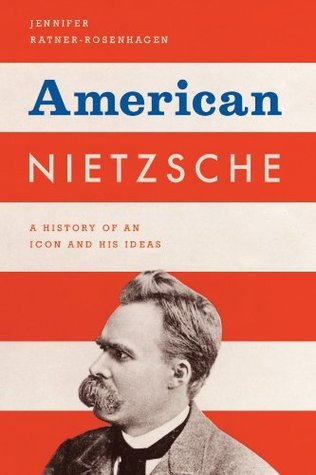Nietzsche’s spectacular influence abroad and his relative obscurity in the United States also became a way for observers to consider the comparative intellectual cultures of America and continental Europe. Though not all agreed that a “Nietzschean deluge” could mean only that “the very culture-philistines he … despised” had co-opted him, commentators roundly concurred that his radical ideas were an odd fit with the American mind.85 Though not all agreed that it was such a bad thing that America was less “sensitive to new ideas than modern Germany,”86 none questioned the sentiment.
Welcome back. Just a moment while we sign you in to your Goodreads account.


